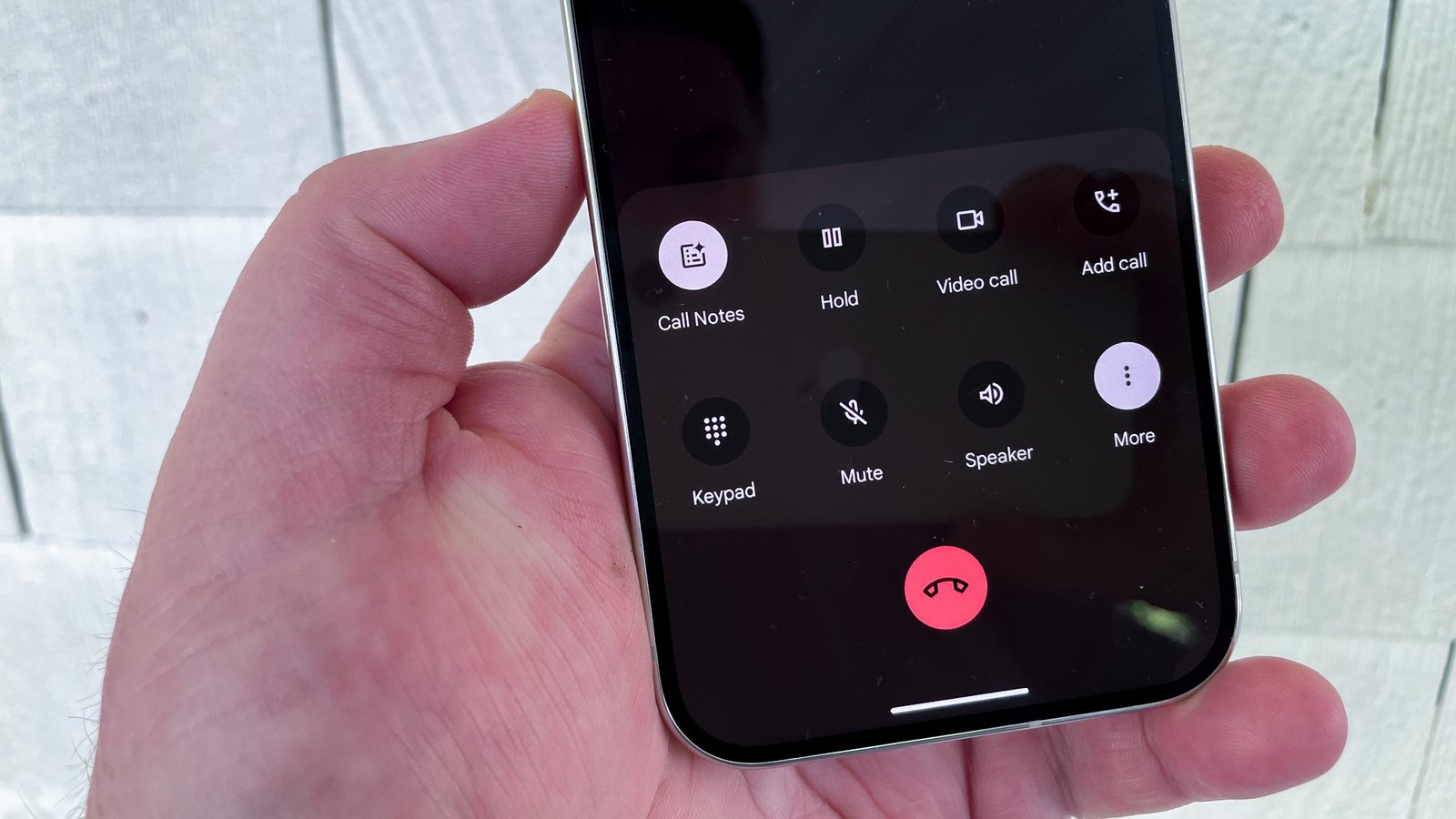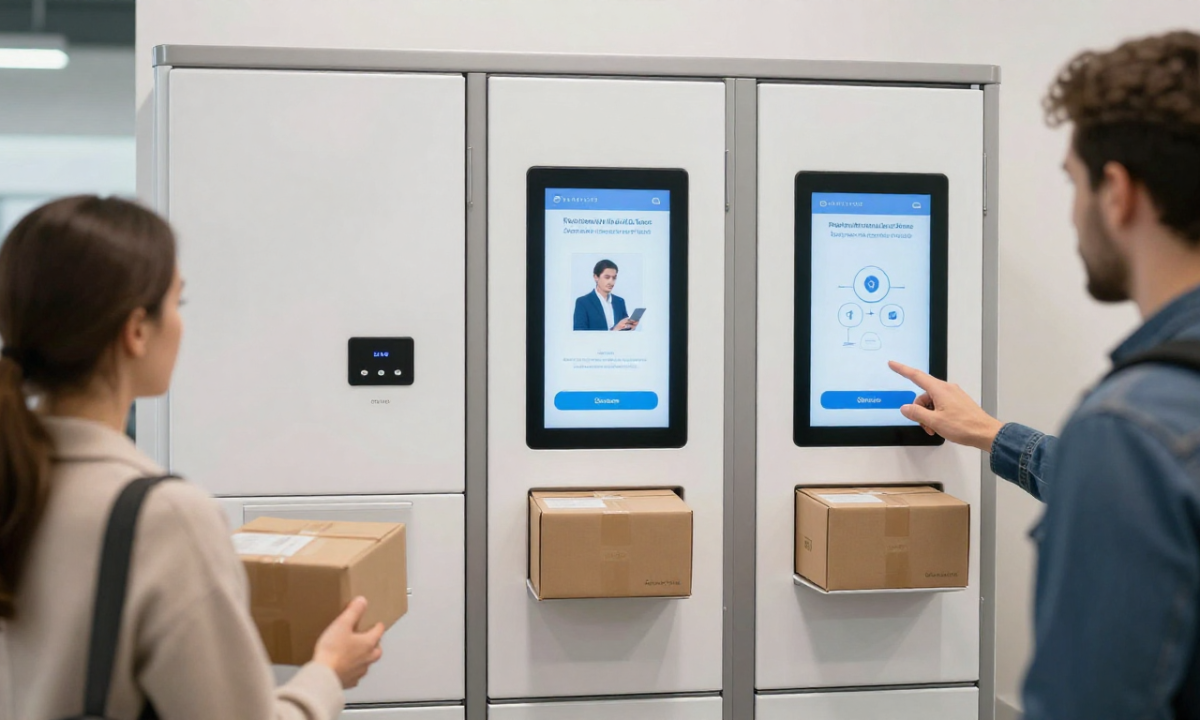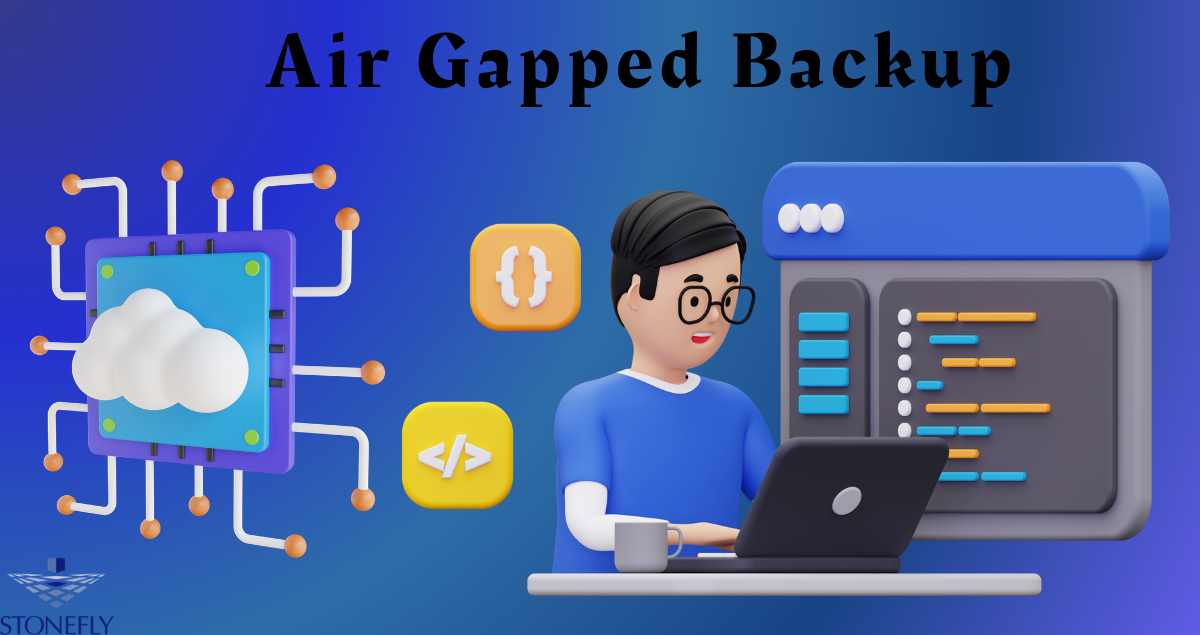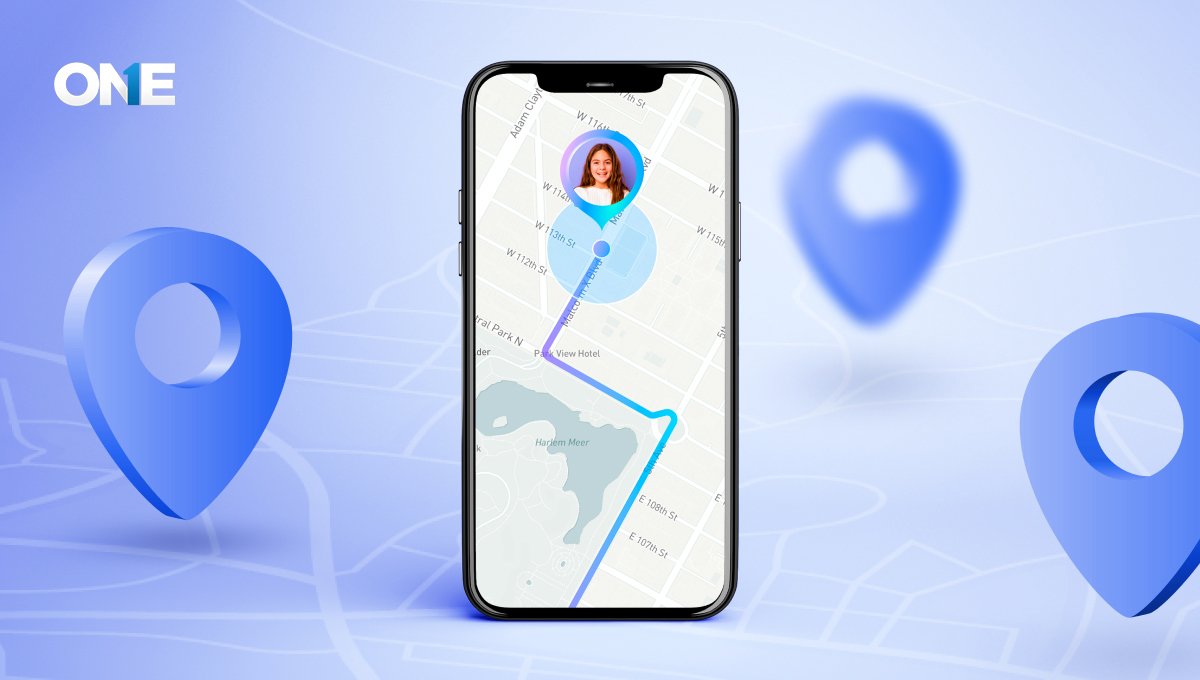If you’ve spent any time in New York’s buzzing startup ecosystem, you already know one thing — this city never sleeps, especially when it comes to innovation. From the bustling streets of Manhattan to the growing tech hubs in Brooklyn and Queens, startups are constantly pushing the boundaries of what’s possible in mobile technology.
As we step into 2025, the competition to create smarter, faster, and more intuitive apps has never been fiercer. In this article, we’ll explore the top mobile application development trends in New York startups, highlighting what’s driving innovation, how businesses are adapting, and what entrepreneurs need to watch if they want to stay ahead.
The Rise of AI-Driven Apps
Artificial intelligence (AI) is no longer a futuristic concept — it’s here, and it’s transforming how New York startups build apps. Whether it’s AI chatbots offering 24/7 customer support or machine learning algorithms analyzing user behavior, AI is at the core of modern mobile application development in New York.
For example, a Manhattan-based health-tech startup recently introduced an AI-powered wellness app that predicts potential burnout in users based on their activity and screen time. This kind of intelligent personalization is redefining user experience.
AI isn’t just about convenience anymore — it’s about creating smarter, more human-like interactions that make users feel understood. Expect to see more startups integrating AI to automate tasks, enhance security, and deliver hyper-personalized content.
Super Apps Take the Stage
Remember when apps were designed to do one thing really well? That era is fading fast. In 2025, super apps — all-in-one platforms that combine multiple services — are taking over. Inspired by Asia’s digital giants like WeChat and Grab, New York startups are creating their own versions tailored to Western audiences.
Imagine booking a ride, paying your bills, and ordering dinner — all from one app. Several NYC fintech and lifestyle startups are already experimenting with this model. It’s not just about convenience; it’s about keeping users within a single ecosystem for longer, which translates to more engagement and revenue opportunities.
Emphasis on Privacy and Data Security
With the rise of digital services comes a growing awareness of data privacy. Users today are more cautious than ever about who they share their information with — and rightfully so.
New York startups are responding by prioritizing privacy-first mobile application development. Many are now adopting stronger encryption protocols, transparent data policies, and local data storage solutions to comply with tightening regulations like the New York Privacy Act.
This shift isn’t just a compliance move — it’s a branding opportunity. Startups that can confidently market themselves as “privacy-first” are winning trust faster, especially in sectors like fintech, healthcare, and legal tech where data sensitivity is critical.
The Surge of AR and VR Experiences
Augmented Reality (AR) and Virtual Reality (VR) are no longer limited to gaming. In 2025, these technologies are being widely adopted across industries — from real estate to fashion — by New York startups looking to offer immersive user experiences.
Imagine trying on clothes virtually before buying or walking through a 3D rendering of an apartment from your couch. Companies like InteriorAI NYC and TryOnTech are leading the charge, blending AR capabilities with mobile innovation.
With Apple’s Vision Pro and other wearable devices making mixed reality more accessible, the demand for AR/VR mobile application development in New York is expected to skyrocket in the coming years.
Cross-Platform Development: Faster, Smarter, Leaner
Time and cost efficiency are top priorities for startups, and that’s where cross-platform development frameworks like Flutter and React Native come in. These tools allow developers to write code once and deploy it across iOS and Android — saving time and money without compromising performance.
In New York’s fast-moving startup scene, this approach is becoming the default. It enables early-stage companies to launch MVPs (Minimum Viable Products) quickly, gather user feedback, and scale faster.
But developers are going a step further by combining cross-platform frameworks with native modules for better performance and customization — offering the best of both worlds.
The Growing Role of 5G in Mobile Experiences
The rollout of 5G across New York City has unlocked a new level of mobile performance. Startups are leveraging faster speeds and lower latency to create apps that are not only faster but also more feature-rich.
For example, streaming platforms can now offer higher-quality video without buffering, while real-time collaboration apps for remote teams perform seamlessly. In short, 5G is enabling experiences that were once technically impossible, from AR navigation to instant cloud gaming.
Low-Code and No-Code Development Revolution
Startups love agility, and nothing screams agility like low-code and no-code platforms. These tools allow founders and non-developers to build and iterate on app ideas without deep programming knowledge.
In 2025, this democratization of development is helping early-stage entrepreneurs in New York get their ideas off the ground faster. Tools like Bubble, Adalo, and Glide have made it possible to create polished, functional apps within weeks instead of months — perfect for startups testing product-market fit.
However, once these apps scale, many teams still transition to custom builds for better scalability and control — especially when it comes to optimizing app maintenance cost and long-term performance.
Sustainable and Ethical App Development
New York’s tech scene has always been conscious of social responsibility, and that mindset is now influencing how startups approach development. Sustainability is no longer just about environmental impact — it’s about creating ethical, inclusive, and accessible technology.
Developers are focusing on optimizing app performance to reduce battery drain and server usage (which helps cut carbon emissions). Accessibility is also a growing focus, ensuring apps can be used by people of all abilities. This combination of ethics and innovation is helping startups stand out in a crowded market.
Predictive Analytics for Smarter Decision-Making
With data becoming the new oil, predictive analytics is the refinery. Startups are using it to forecast user behavior, improve retention, and personalize app experiences in real time.
For instance, e-commerce startups are using predictive analytics to recommend products before users even realize they need them. Meanwhile, fintech apps are using similar algorithms to predict spending habits and help users manage budgets better.
By leveraging data effectively, startups can lower their app maintenance cost over time, since predictive insights allow them to catch issues before they become expensive fixes.
Final Thoughts: Innovation Never Sleeps in New York
The mobile application development New York startup scene in 2025 is a perfect blend of creativity, technology, and user-centric design. From AI-driven intelligence to immersive AR experiences, startups are not just building apps — they’re building ecosystems.
As trends like cross-platform development, data privacy, and sustainable tech continue to evolve, one thing remains constant: innovation is in New York’s DNA.
For entrepreneurs, the message is clear — stay curious, stay adaptable, and keep your users at the heart of every digital experience. The city’s energy, diversity, and relentless drive make it one of the best places in the world to shape the future of mobile technology.
Key Takeaway:
Whether you’re a startup founder, developer, or investor, understanding these trends will help you stay ahead in one of the most competitive markets in the world. As you plan your next big app idea, remember — in New York, innovation never sleeps, and neither should your ambition.















Leave a Reply